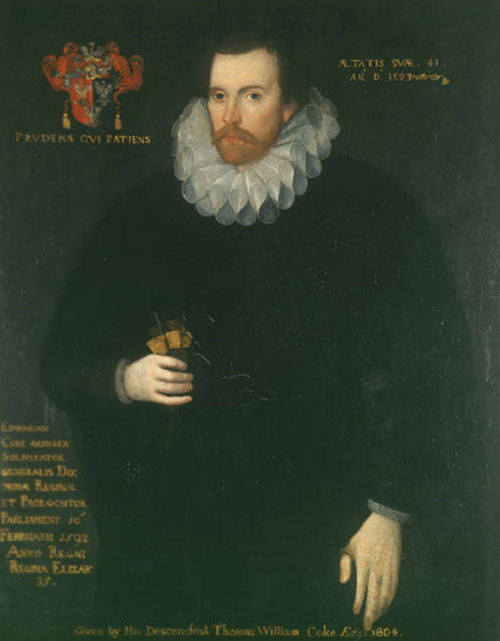Reinventing the Charter: from Sir Edward Coke to 'freeborn John'
Historian article

When was Magna Carta launched on its modern career as a symbol of freedom and liberty? Justin Champion looks at the role of the sixteenth- and seventeenth-century lawyers and politicians in shaping how we see the Charter today.
‘For every person who knows what the contents of Magna Carta actually were, there are hundreds who think that the civil liberties of today descend somehow from that document.' So writes the historian of political ideas, Alan Ryan. For long it has been almost commonplace to claim that the constitutional history of England was shaped by the power of Magna Carta to define notions of political and individual freedom and liberty. If this ‘Magna Carta moment' exists, its origins can be found in the seventeenth-century rediscovery of the Charter and its subsequent elevation to constitutional status. Arguably, in 1500 invoking Magna Carta may not have meant much to many people other than common lawyers. To do so in 1700, however, would have been appreciated by a public audience that included politicians, pamphleteers, princes and the common people...
This resource is FREE to all registered users of the website
If you are not already registered you can sign up for FREE Basic Website Access or Join the HA to access this content.

